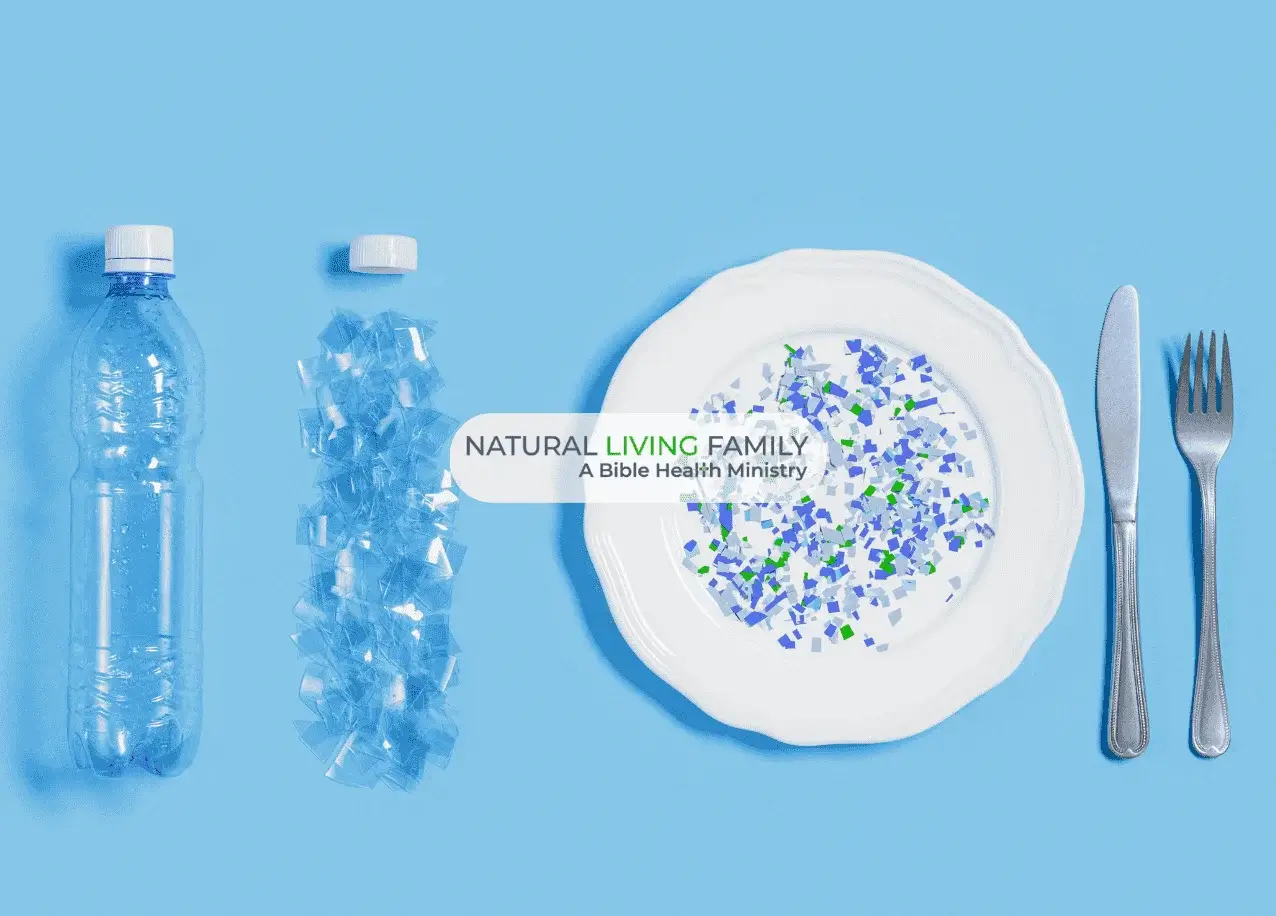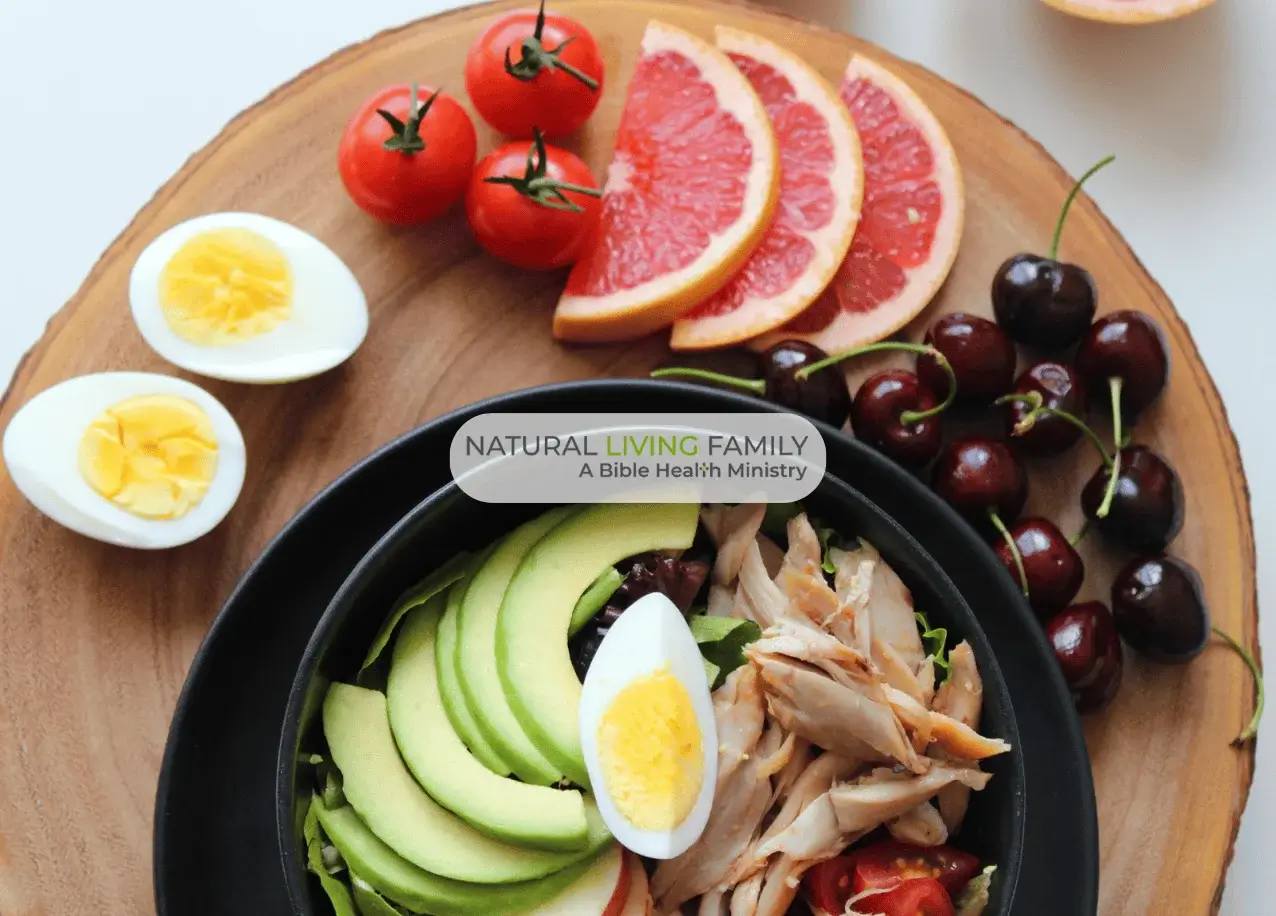Most of the time, when we think about “ginger,” we’re probably thinking about cookies or pie or perhaps even aromatherapy. But the further you travel on your natural health journey, the more you will begin to realize the amazing healing powers and health benefits of ginger. For instance, did you know that ginger tea can help comfort an upset stomach?
Table of Contents
Properties and Actions of Ginger
You may find it fascinating that ginger is actually the most broadly used dietary ingredient on Earth. Known also by its scientific name, Zingiber Officinale, ginger is a member of a plant family that includes cardamom and turmeric, which helps us understand just how powerful it is.
But the use of ginger as a medicine is nothing new. Civilizations such as the Chinese have used ginger tonic as a treatment against disease for more than 5,000 years. In the Roman Empire, the root was a priceless commodity around the coming of Christ mostly due to its medicinal assets.
But what is it about ginger that makes it so good for us? Gingerol.
There are 115 different chemical aspects of ginger, but all the healing power comes from just one: Gingerol. Gingerol is the oily residue from the root with potent anti-inflammatory and antioxidant healing powers. In fact, researchers have thoroughly studied ginger benefits, especially [6]-gingerol, and the results will amaze you.
Health Impact of Ginger Benefits
1. Bacterial Infections
The impacts of ginger on the immune system were tested in a 2011 study published in the Journal of Microbiology and Antimicrobials. The Nigerian study looked at ginger’s ability to fight Staph Infections (Staphylococcus aureus) and Strep (Streptococcus pyogenes) when compared with general antibiotics. The results? Ginger won every time.
Some of the most common antibiotics, including tetracycline, ampicillin, and chloramphenicol, were nothing compared to the antibacterial ability of the ginger extract. Since these two infections are routinely found in hospitals and are dangerous to those with immune issues, these findings are doubly important.
Tip: Next time you have to go to a hospital as a patient or a visitor, it is important to carry some ginger essential oil with you so it can help protect you from the dangers of a staph infection or speed along the healing process.
2. Cancer
Three feedings of [6]-gingerol once a week slowed down the growth of colorectal cancer cells in mice without immune systems, according to researchers at the University of Minnesota.
Scientists at the University of Michigan then confirmed these results with ovarian cancer. Furthermore, the Michigan study found, “Ginger treatment of cultured ovarian cancer cells induced profound growth inhibition in all cell lines tested.”
Tip: “The most likely way to administer ginger as a painkiller would be in the form of a tea taken several times a day. But more work needs to be done on the amount of ginger powder needed per dose to take effect, and the time required between doses,” said Basil Roufogalis, executive director of the Herbal Medicine Research and Education Centre.
3. Diabetes
When it comes to insulin sensitivity, gingerol is well known for its ability to help with diabetes. With this in mind, the results of a 2006 study published in the Journal of Agricultural and Food Chemistry found that sorbitol accumulation in human blood cells could be suppressed in galactose-fed rats. Not only does ginger help ward off or reverse diabetes, but it can also help fight off or improve diabetic difficulties such as diabetic retinopathy!
4. Fungal Infections
Fungal infections have become more and more resistant to conventional medicines, making them harder to control. But these infections do not stand a chance against ginger. Carleton University studied 29 plant species and found that ginger extract was by far the best at killing fungal infections.
Tip: Mixing several drops of ginger essential oil with peppermint essential oil and tea tree oil in one ounce of carrier oil, such as coconut oil, can add a powerful anti-fungal punch.
5. Indigestion and Gut Health
Ginger’s main use for thousands of years has been as a medicine for improved gut health. From simple stomachaches to more serious digestion issues, ginger is an effective cure. In fact, Taiwanese scientists found that just three capsules (1.2 grams) of ginger help stomach contents flow to the small intestine in patients with dyspepsia, a serious disease in which patients suffer from delayed gastric emptying.
This is why ginger helps with bloating, constipation, nausea, and gastrointestinal problems. By relaxing the muscles in your stomach, gingers helps food move through the digestion process.
Tip: When it comes to overall gut health, try eating whole ginger, inhaling ginger essential oils through a diffuser, or drinking ginger juice.
6. Malabsorption
When we eat or drink, nutrients are absorbed into our bodies. If for any reason this process breaks down, we’re susceptible to malabsorption or leaky gut, which is common in third-world countries. When food doesn’t travel through our gut as God intended, it can ferment, begin to rot or even cause an obstruction, which can be deadly.
Poor digestion is a leading cause of malabsorption. This is where the powers of ginger come in handy. Since ginger is effective at improving digestion, it in return promotes proper nutritional absorption.
7. Pain
More and more, ginger is growing in popularity for its ability to curb pain. Gingerol works with vanilloid receptors, which are found on sensory nerve endings, similar to how capsaicin helps relieve pain.
Mimicking the burning feeling associated with eating a hot pepper, ginger’s burn is short-lived, lasting mere seconds, and scientists have found that it “affects the pain pathways directly but also relieves the inflammation which in itself causes pain.”
8. Stroke & Heart Disease
Ginger is so powerful that it can actually help protect against two of the biggest killers in the world – stroke and heart disease. When combined with other superfoods, such as garlic and onions, ginger has unique anti-blood-clotting abilities. When these foods are eaten together, they act as a powerful deterrent to heart attacks and strokes.
9. Respiratory Function
Ginger’s amazing ability to improve immune function has been praised by Ayurvedic medicine since before recorded history. Since ginger is so effective at warming the body, it is believed that it can help to dissolve the buildup of poisons in your organs.
It is also known to wash the lymphatic system, which processes our body’s sewage. Dr. Oz says that, “By opening up these lymphatic channels and keeping things clean, ginger prevents the accumulation of the toxins that make you susceptible to infections, especially in the respiratory system.”
10. Ulcers & GERD
Ginger’s ability to cure stomach ulcers has been known since the 1980s. But just recently, researchers in India have had success quantifying this medicinal impact. It has been determined that ginger is six to eight times more powerful than lansoprazole (Prevacid), a drug used to treat gastroesophageal reflux disease (GERD).











